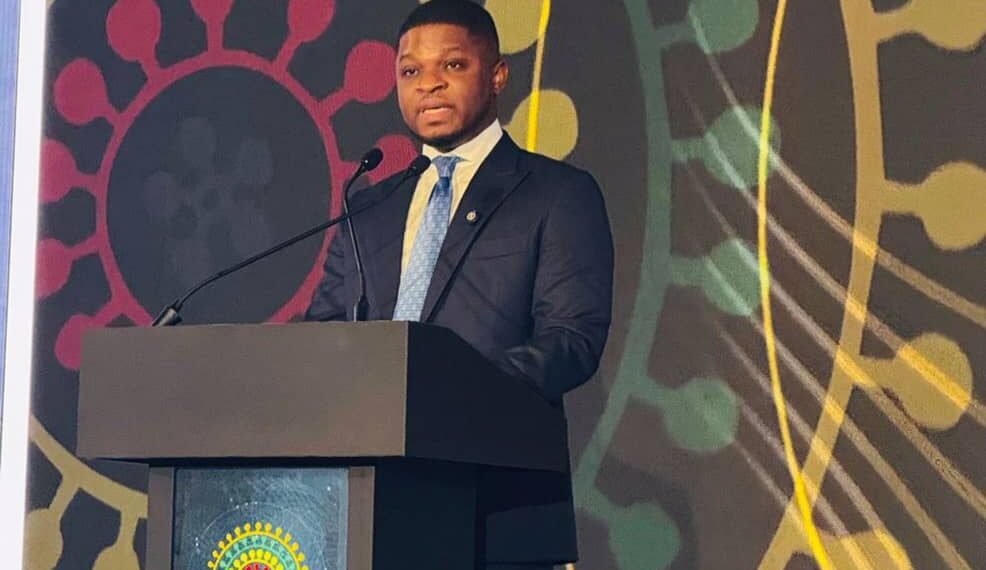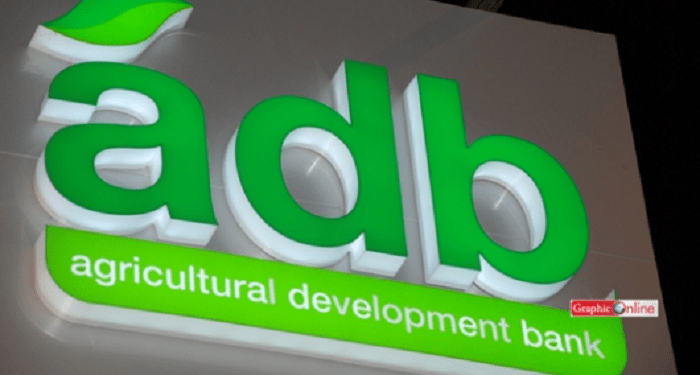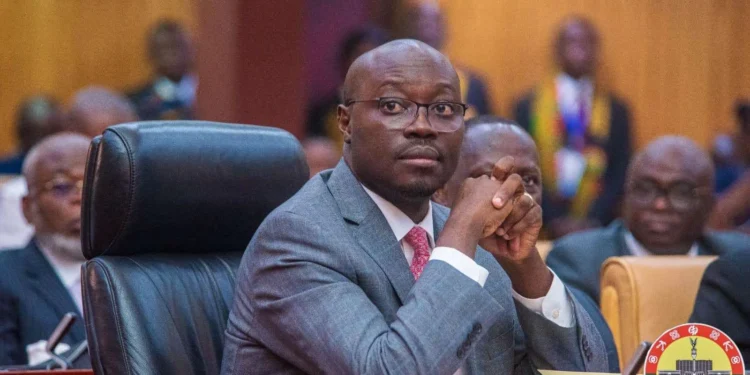In a landmark development for Ghana’s gold industry, gold exports from the artisanal and small-scale mining (ASM) sector have, for the first time, exceeded those from the large-scale mining sector.
Sammy Gyamfi, CEO of the Ghana Gold Board (Goldbod) attributed the breakthrough to the implementation of the Ghana Gold Board’s structured purchasing and exportation program, which aims to formalize ASM activities and combat the longstanding issue of illicit gold trading.
“Ghana purchased and exported $4 billion worth of gold from the artisanal and small-scale mining (ASM) sector between February and May 2025.”
Sammy Gyamfi, CEO of the Ghana Gold Board (Goldbod)
This was revealed by Mr Gyamfi, during his address at the Mining in Motion 2025 Summit in Accra on Tuesday.
“Gold exports from ASM players have exceeded exports from the large-scale sector for the first time.
“Total gold exported from the ASM sector between February and May reached a new record of 41 tons.”
Sammy Gyamfi, CEO of the Ghana Gold Board (Goldbod)
According to data from Goldbod, the ASM sector exported 11 tons of gold in May 2025 alone, generating an estimated $1.172 billion in export revenue.
This performance, Mr. Gyamfi noted, not only marks a milestone for Ghana’s mining landscape but also strengthens the country’s foreign exchange reserves at a time of economic recovery.

Mr. Gyamfi emphasized, “The data shows the potential of the ASM if properly annexed,” underscoring the government’s renewed focus on small-scale miners as a cornerstone of gold sector growth.
Mr. Gyamfi explained that the Ghana Gold Board has built a robust framework to better integrate ASM into the formal economy through traceable transactions, export regulation, and strategic investments in community-level initiatives.
In line with this agenda, Mr. Gyamfi unveiled several major initiatives that Goldbod will roll out in the coming months.
Chief among them is an ASM Skills Training Program set to launch in September 2025, designed to equip miners with technical, environmental, and business skills necessary for responsible mining.
This will be complemented by increased investments in the Community Mining Scheme, operated under the Ministry of Lands and Natural Resources, aimed at promoting ethical and sustainable small-scale mining practices across the country.
“We are not just focused on increasing output.
“We are committed to building capacity, promoting safety, and ensuring that community miners work in an ecosystem that respects environmental and human rights standards.”
Sammy Gyamfi, CEO of the Ghana Gold Board (Goldbod)
Anti-Smuggling and Gold Tokenization Strategy

To further tighten control over Ghana’s gold flows and curb illicit exports, Mr. Gyamfi revealed that Goldbod will launch an Anti-Smuggling Taskforce by the end of Q3 2025.
The taskforce will work in coordination with the Ghana Revenue Authority, the Minerals Commission, and security agencies to identify and prosecute illegal operators.
Additionally, a gold tokenization facility is in development. This will introduce blockchain-backed digital certificates for Ghanaian gold exports, enabling real-time tracking and greater transparency throughout the supply chain.
Mr. Gyamfi noted, “Tokenization will maximize traceability of Ghanaian resources and help us meet the due diligence requirements of international buyers,” adding that this will significantly enhance investor confidence and regulatory oversight.
These announcements signal a bold shift in how Ghana manages its mineral wealth, particularly in an era where global attention to ethical sourcing and traceability is growing.

With ASM’s contribution to gold output now outpacing large-scale mining, the sector has emerged from the shadows to become a critical pillar of the economy.
“We are building a gold ecosystem that works for the miner, the state, and the environment.”
Sammy Gyamfi, CEO of the Ghana Gold Board (Goldbod)
The reforms being introduced by the Ghana Gold Board are expected to help formalize thousands of ASM operators, increase national revenue, reduce environmental degradation, and restore Ghana’s reputation as a responsible mining jurisdiction.
READ ALSO: Access Bank and DHL Sign Agreement to Empower SMEs Across Africa Under AfCFTA























